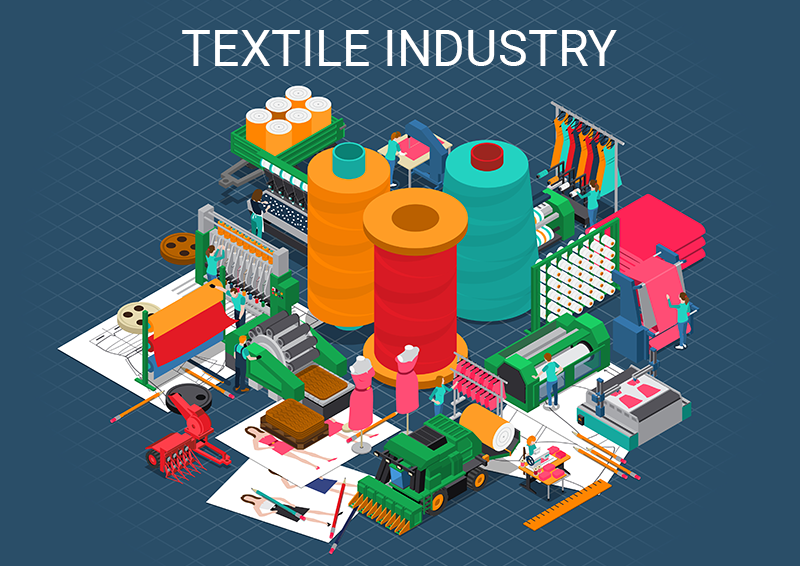Textiles is a very major industrial sector in the Indian Economic arena. As a vast industry with a large workforce, it is natural to have HR challenges, some of which may be critical.
Indian Textile industry employs the highest number of people after agriculture. It contributes 14 percent to industrial production. Overcoming the HR challenges is essential for the industry to succeed and survive. With growing globalization, the textile industry is aware of the need for having capable human resources and having distinguished skills. The textile companies are dependent on some of the other HR outsourcing companies to sort out their complex issues. Compliance Risk is undoubtedly a very challenge for the textile industry.
Read more: (Importance of HR solutions for small business)
HR Challenges
New technological Changes:
The challenges of the work environment have increased many folds with developments in new technology. The technological advancements often demand high skilled and well-qualified human resource. Many times the textile companies are not in a position to find very competent staff who are well equipped. The HR management system should be well-equipped to handle the changes. Often the textile companies engage an HR outsourcing company to help them with the HR issues arising out of lack of knowledge in the technical arena.
Lack of Training:
Training is, of course, an essential part and parcel of any successful organization. The percentage of workers with a less educated background is more in the textile industry as compared to other industries; hence it becomes a challenge for HR to provide an excellent training input to enhance the overall efficiency. A large percentage of workers in the industry do not have any formal training. May of the textile companies outsource the training requirement to a good HR outsourcing company, who have the required potential to impart such a training manual on behalf of the company. Internal training is very required, especially to develop skills in the use of machinery and equipment in the working area. The HR management system should be acutely aware of the training needs and should take corrective measures to improve the efficiency of the company.
Low Education Level of the employees:
Human Capital is a vital resource in the textile industry, and with the advancement in technology and methods of working, it is crucial on the part of the HR Managers to work out strategies that can deal with a low educated workforce. As compared to other industries, the major chunk of the workforce or the labour is not highly educated, and so to compensate the same, skills must be imparted to boost efficiency. Some technical training can be imparted so that the skills are developed, and challenges are met.
Read more: (Leading top HR company in India: top choice for businesses)
Wrong Decision Making:
With the new picture emerging in the present day 21st century, it is necessary for the HR management system to work in a manner so that the decision making is perfect and the workers can realize their full potential. Costly mistakes and the usual mistakes can be easily avoided that may lead to higher productivity.
Many of the challenges faced by HR in the textile industry lie around the points discussed above. If the HR management system can focus on finding a solution to the problems discussed, it can inevitably lead to higher productivity and efficiency.











